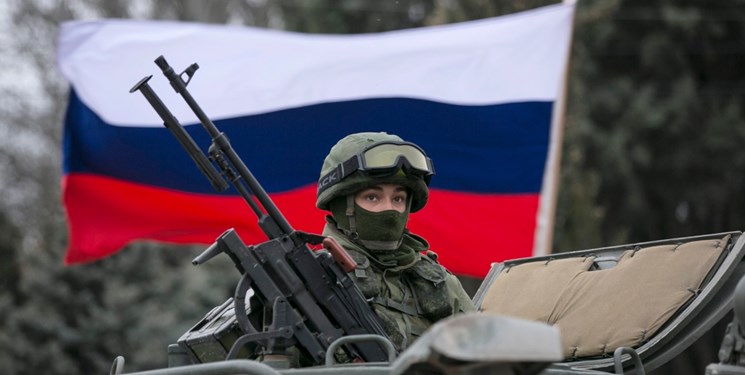Reza Hojjat Shamami, speaking in an interview with the website of the Strategic Council on Foreign Relations, referred to the efforts of Russia, the United States and NATO to put maximum pressure on each other over the issue of Ukraine, and said: Despite the Western deceit, Russia will not invade Ukraine, and if it wants to be more influential, there is the possibility that it would enter Ukraine through its supporters, as more than 20 percent of Ukrainians are of Russian origin and major industrial, production and influential sectors in Ukraine, too, are located in areas related to this population.
Referring to the role and influence of Russian supporters in Ukraine, he cited NATO and US obstacles in the event of a military conflict with Russia, and said: The US wants to intensify NATO expansion to the east and is trying to turn this expansion into a fourth wave. Russia also considers this situation a threat to itself and in political rhetoric, it mentions that it has the ability to take reciprocal measures and has deployed its military forces in this direction.
The expert on Russia affairs continued: There is a principle in NATO law that a country with border disputes with its neighbors cannot join NATO; because NATO considers such membership a challenge for itself; therefore, from this perspective, Russia deals with territorial hostage-taking in order to create crisis in its neighborhood and prevent them from joining NATO, and NATO will not be able to further expand towards the east.
Creating crisis in Eastern Europe is in Russia’s interest
Hojjat Shamami, saying that creating crisis in Eastern Europe is in Russia’s interest, added: NATO has sent troops to all Eastern European countries and deployed missiles and under this situation, Russia, which sees its security margins under threat, will send troops to its western borders.
He also commented on the reasons for the continuation of such crisis and noted: NATO and the United States are working to limit Russia to its border areas so that it can no longer play an effective role in other areas, including Syria or South America; which, of course, so far this policy has had the opposite effect.
The international affairs analyst, referring to Russia’s achievements in the crises it has entered so far, especially in the Middle East, and the failures that the United States has experienced in recent years, pointed to the change in the tone of the United States towards Russia and Ukraine and said: Certainly under the current circumstances NATO, for various reasons, is unable to admit Ukraine, and although it is willing to do so, it is unable to do so, and knows that if it does, Russia could possibly separate Eastern Ukraine and the region of Russian population of that country which is of great economic and industrial importance for it, like Crimea, and annex it to its territory.
Russia not to show weakness towards Ukraine
Hojjat Shamami emphasized: Russia once showed its weakness in Libya by trusting NATO and accompanying it, and also paid the price. It seems that since then it is trying not to show such weakness at all. Russia has since taken its red lines in Ukraine, Syria and Belarus very seriously and has become more sensitive to some issues. NATO and the United States have also understood this.
He said the most important goal of NATO in repeating its decision to join Ukraine was to constantly threaten and put pressure on Russia and explained: In the eyes of the United States, the enemy should not be calm in any case. NATO member states even take trump cards from their allies so that can put pressure on each other when needed. As the United States always has scenarios to create problems for France and Britain to use when necessary!
The expert on Russia affairs, recalling that the United States always wants Russia to be in trouble but cannot carry out those threats, said: The United States is trying to use its media tools to tarnish Russia’s image in the international system.
China-Russia cooperation against US in face of territorial threats
Referring to the Chinese Foreign Minister’s support in his telephone conversation with his US counterpart Antony Blinken for the “reasonable Russian concerns about Ukraine” and the concerns of some US officials for such cooperation, he continued: However, both countries are opposed to the US micro- and macro-approaches, the constant border threats, their territorial disintegration, and the American way of looking at different dimensions, and the threats they are experiencing are the same. It is important from this perspective that China, which thinks at least in the field of threats parallel to Russia, supports Russia, because China also feels such threats from the United States.
Saying that Russia also will support China in the face of territorial threats, he referred to the US strategic policy of disrupting China-Russia rapprochement and said: The United States also seems to be in a situation where, while retreat is seen as a failure, its presence is also a failure; because it forces Russia to make greater efforts to maintain its security and position, an issue that exacerbates US challenges and at the same time prevents the region from going into a war; thus, under the current context, the perception of the world public opinion about the power and position of the United States is facing many cracks.










0 Comments